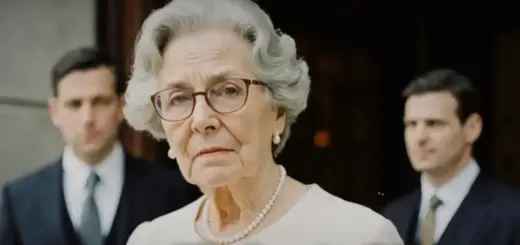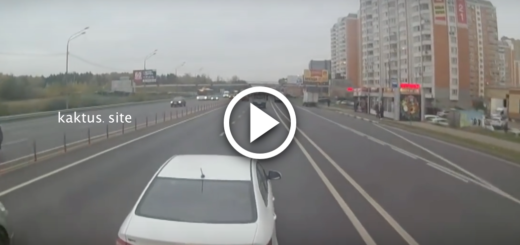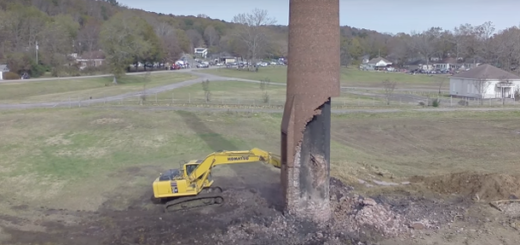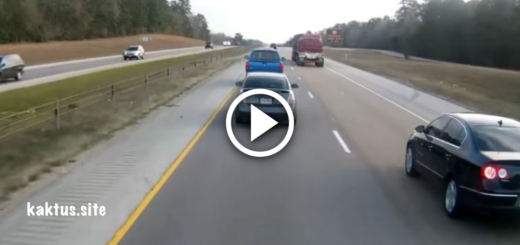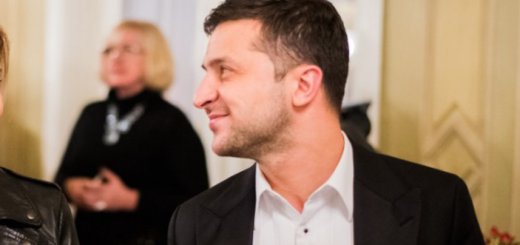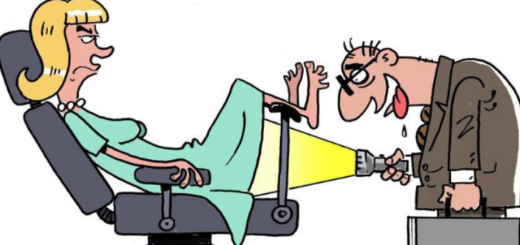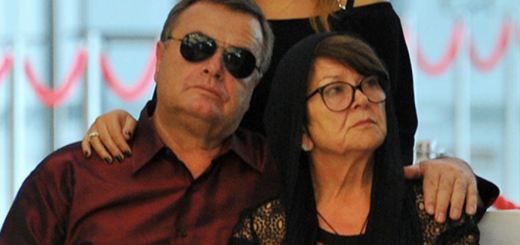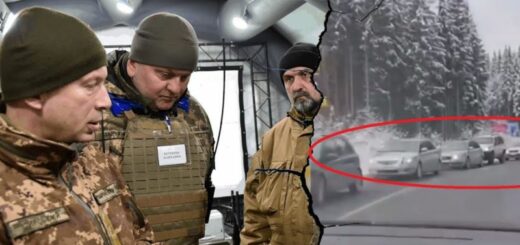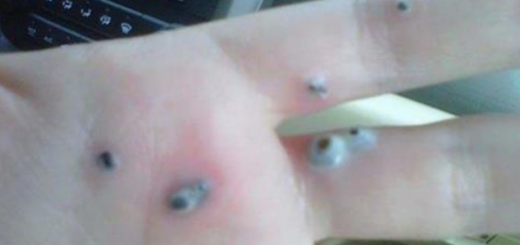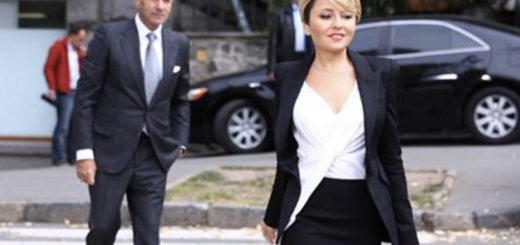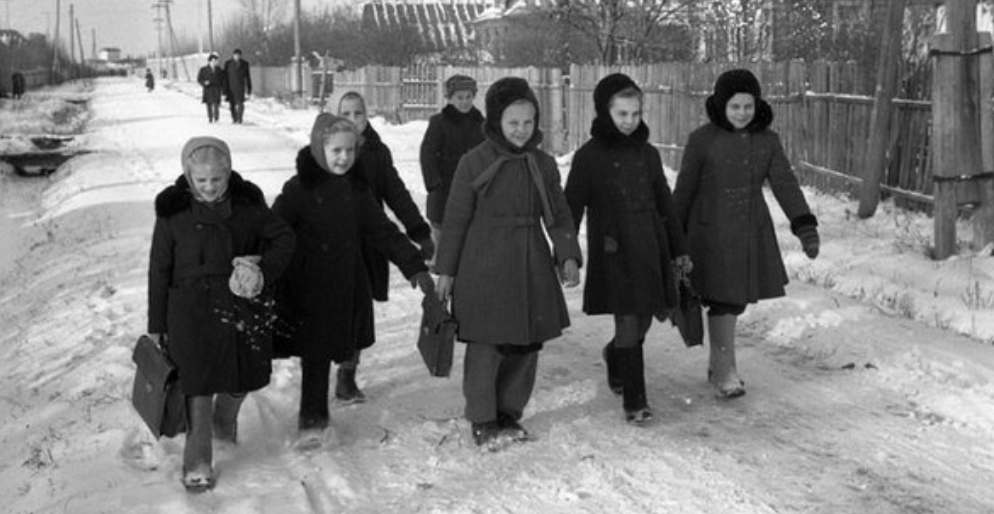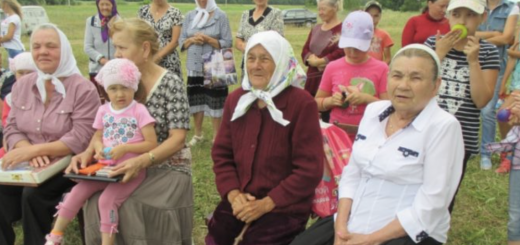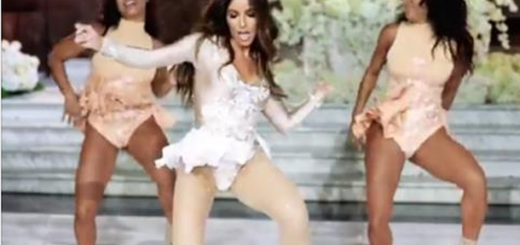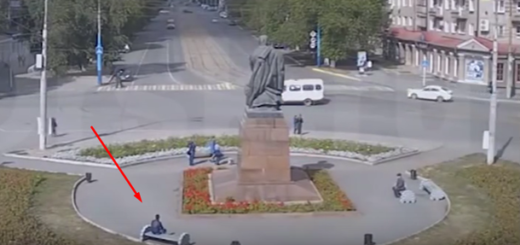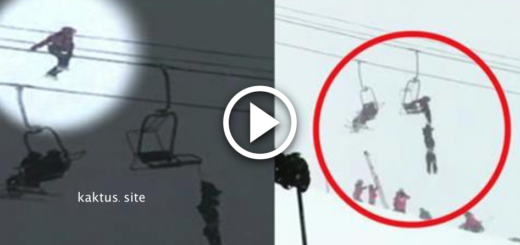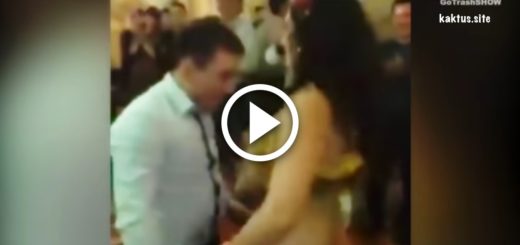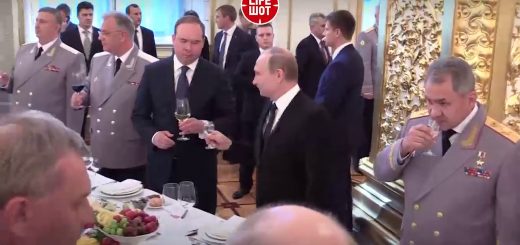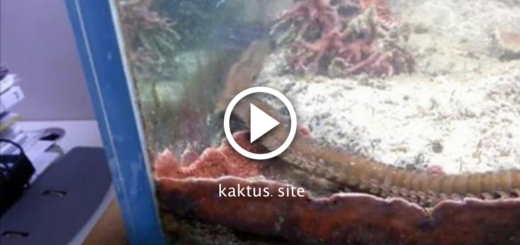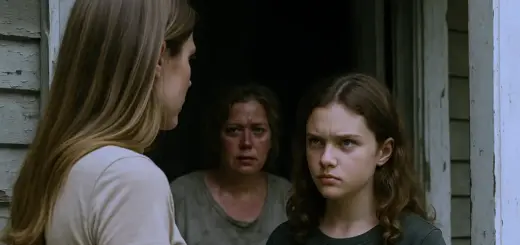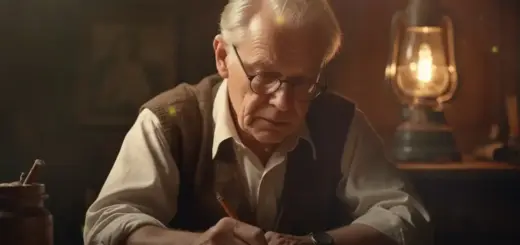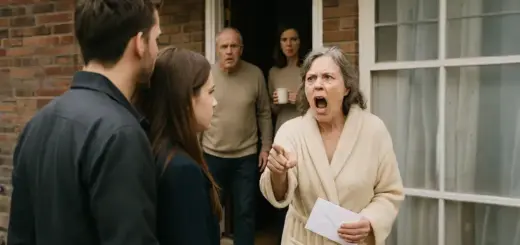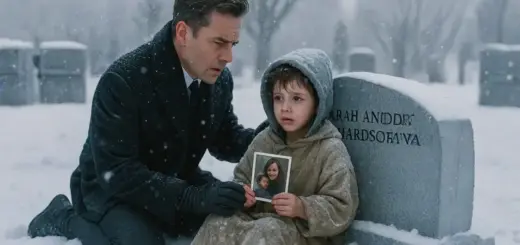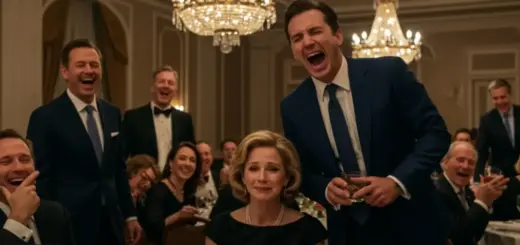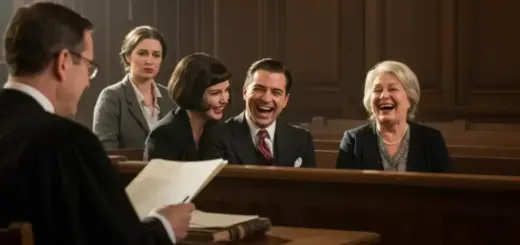I’ve cleaned office buildings for fifteen years, but nothing prepared me for what happened that Tuesday night in October. My name is Reuben Thorn, and when I found that wallet under a mahogany desk on the twenty-third floor, stuffed with ten thousand dollars in cash, every instinct told me to keep it. God knows I needed it.

But my father raised me better than that, so I decided to return it. The address inside led me straight to 4782 Maple Grove Lane, my childhood home, the house I hadn’t seen since I was eight years old. When I knocked on that door, my heart was already racing, but nothing could have prepared me for who answered.
The man standing there looked exactly like me, just twenty years older, with the same crooked nose, the same scar above the right eyebrow, even the same way of standing with his weight slightly on his left foot. His face went white as paper when he saw me. Then his eyes filled with tears, and he grabbed the doorframe like he might collapse.
«Dear God,» he whispered, his voice breaking. «Reuben, is it really you?»
Before I could ask how he knew my name, before I could process what I was seeing, he said the words that shattered everything I thought I knew about my family.
«I’m Clifton, your uncle, your father’s twin brother, the one Dennis told everyone was dead.»
The wallet slipped from my hand and hit the porch with a thud that seemed to echo forever.
Thirty years of lies, thirty years of secrets, and they all came crashing down with those ten thousand dollars scattered at our feet. This man, this ghost who wore my face, had been alive all along, and my father, the most honest man I ever knew, had lied to me every single day until he died. But the truth about why he lied, the secret that destroyed two brothers who loved each other more than life itself, that would change everything I believed about family, forgiveness, and the price we pay to protect the ones we love.
I cleaned the Meridian Financial Building in downtown Detroit. Every night from ten p.m. to six a.m., I pushed my cart through empty hallways, emptying trash bins, and wiping down desks where people make more in a day than I make in a month. But I’m not bitter about it.
After my wife Janelle died three years ago from cancer, the quiet nights gave me something I desperately needed: peace. Just me, my headphones playing Old Motown, and floors that needed mopping. No sympathy looks, no awkward conversations, no empty house waiting for me.
My father, Dennis Thorn, raised me alone after my mother left when I was eight. He was a locksmith who ran his business out of a van that always smelled like WD-40 and metal shavings. Honest work for an honest man.
He had thick hands, scarred from years of handling keys and locks, and he’d ruffle my hair with those same hands every morning before school.
«Work hard, stay honest, and you’ll sleep good at night,» he’d tell me.
He never talked about family beyond us. Said we were all we needed, and I believed him.
Dad died five years ago, two years before Janelle got sick. Heart attack at his workbench, still holding his favorite lockpick set. The paramedics said he went quick, no pain. I hope that’s true.
At his funeral, only six people showed up, including me. No extended family, no cousins or uncles or distant relatives, just a few customers whose locks he’d changed over the years. I thought I was the last Thorn left in the world.
That Tuesday in October started like any other night. I’d eaten my dinner in the break room, leftover spaghetti that tasted like cardboard, while Jerry from maintenance complained about his ex-wife, and Marlon showed everyone pictures of his new grandson.
My supervisor, Vince Rodriguez, called in sick around 9:30, coughing so hard I had to hold the phone away from my ear.
«Listen, Reuben,» he wheezed between coughs, «you gotta cover the executive floor tonight, the 23rd. Big boss is coming tomorrow for some board meeting, and everything needs to be perfect.»
«That’s not my floor, Vince. That’s Terrence’s floor.»
«Terrence is in Miami at his daughter’s wedding. Come on, man, I’m dying here, just this once. Make sure you get under every desk, check every corner. These executives notice everything.»
The 23rd floor was a different world from the regular offices I cleaned. When the elevator doors opened, I stepped onto marble floors so polished I could see my reflection. The air smelled like expensive leather and that specific scent of money, like fresh hundred-dollar bills.
Mahogany desks sat in offices bigger than my entire apartment. Original artwork hung on the walls, not those printed motivational posters about teamwork and excellence that decorated the lower floors.
I started with the smaller offices, working my way toward the corner suite. Each desk had a nameplate that probably cost more than my weekly paycheck. Harrison, Blackwood, Morrison, Mitchell. These were the people who ran the city from their leather chairs, making decisions that affected thousands of people like me without ever knowing our names.
The corner office belonged to C. Mitchell, according to the gold nameplate. Chief Financial Officer. The space was immaculate, with floor-to-ceiling windows showing the entire Detroit skyline.
The city lights twinkled below like fallen stars. Janelle would have loved this view. She always said the city looked different from up high, like all its problems got smaller.
I was mopping under the massive mahogany desk when my mop handle knocked something loose. It must have been wedged between the desk base and the carpet. I bent down, my knees creaking in protest, and picked up a leather wallet.
Not just any wallet, but the expensive kind with hand-stitching and butter-soft leather that probably came from some special cow in Italy. The monogram read C.T. in gold letters.
My first thought was that C. Mitchell must stand for something else. Charles Thomas Mitchell, maybe. Christopher Theodore. Rich people always had those kinds of names.
I should have just put it in the lost and found box. Should have logged it with security and gone back to mopping. But something made me open it, and when I did, my hand started trembling so bad I had to sit down right there on C. Mitchell’s expensive carpet.
Inside were five thick bands of $20 bills, each wrapped in a paper band marked $2,000. $10,000 in cash. No credit cards, no driver’s license, no business cards. Just the money and a small folded piece of paper tucked behind the bills.

